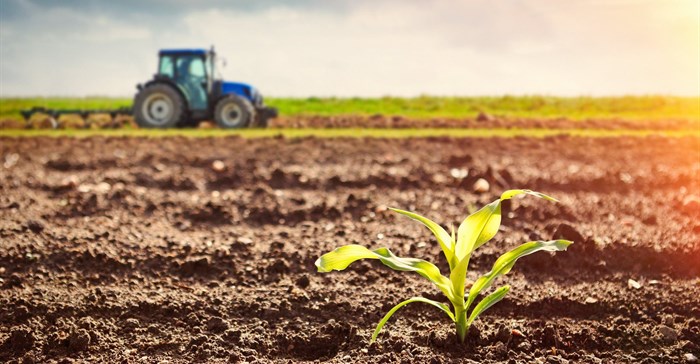What SA agriculture needs from international trade

How, then, do we unlock the potential of our continent to produce the quantity and quality of food it is capable of? I believe that international trade is a critical part of the answer.
The capacity of international trade participation to fuel economic growth is well established. However, in our experience at Syngenta as a multinational company, markets need appropriate and robust regulation to flourish and deliver equal benefits to all participants.
Trade between South Africa and the European Union (EU) is a good example. Despite the EU being South Africa’s largest trade partner worldwide, and South Africa the EU’s biggest trade partner in Africa, the parties do not always negotiate with mutual understanding. The fall armyworm is a case in point. This insect pest lays waste to crops in Africa, but is not a threat to European farmers. Yet, EU trade regulations prohibit the use of crop protection chemicals that are effective against the pest on export crops.
Maximising potential
In order to maximise the potential inherent in a free trade agreement, such as the one that exists between Europe and Africa, standards have to be accepted by all parties and tariff and non-tariff barriers have to minimised. Global reference standards prepared by scientists, experts and governments are necessary and welcome. Unfortunately, standards are too often based on consumer preferences rather than science.
Farmers (producers) further need the cost of doing business across borders to come down. Sub-Saharan Africa has the highest export and second-highest import costs in the world, and the myriad registration and licencing systems across the continent severely limit the profitability of intra-continental trade.
Against this backdrop, the game-changing potential of the African Continental Free-Trade Area (AfCFTA) cannot be overstated. With signatories committed to removing tariffs on 90% of all goods, progressively liberalising trade in services and addressing non-tariff barriers - the world’s largest free trade area can transform international trade, boost food security and bring economic emancipation to millions of farmers.
Food markets and trade practices that support equal and sustainable access to safe, high-quality food for everyone are necessary and possible. The means to achieve it largely exist already; what is required are political will and action at all levels of society.




























